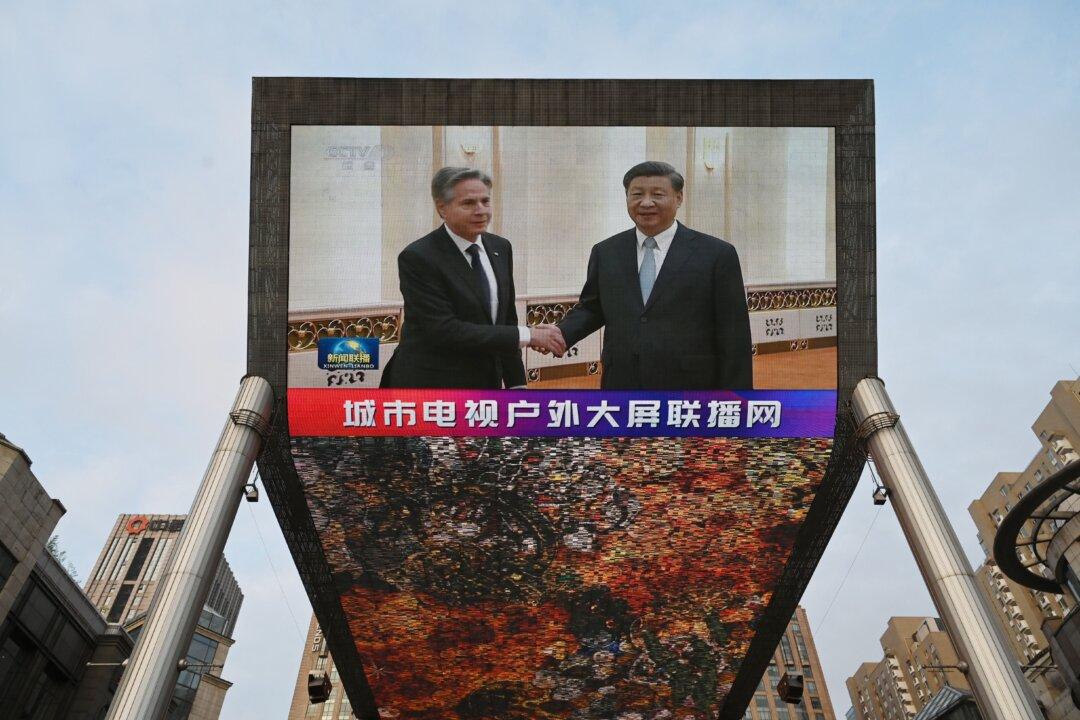The push for green energy is increasing U.S. reliance on China and, thus, is benefiting the communist regime immensely, according to Rex Lee, a cybersecurity adviser at My Smart Privacy.
As the Biden administration “races to deploy green energy,” the demand for materials to produce electric vehicle batteries—such as lithium and cobalt—continues to surge. Meanwhile, China remains the world’s biggest supplier of the components and materials required for renewable energy technologies.





